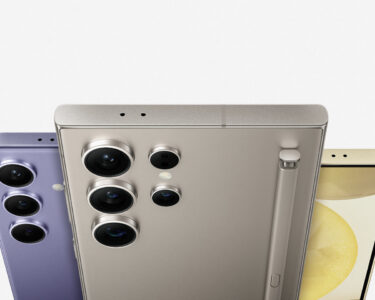PTI Government has been doing some important jobs at handling the politics of the country but the smartphone industry has not been happy at the excessive taxation on the influx of mobile phones in the Pakistani market. On top of this, due to a lack of any local smartphone manufacturers providing any competition to the dense smartphone market, it really makes the case of the government to decrease taxes.
Must Read: 5G LAUNCH DELAYS IN SOUTH KOREA: ARENT WE READY FOR IT?
In an interview with DAWN, a senior executive of a mobile company advised the government to revert some of the exaggerated taxes imposed on smartphones in Pakistan. The executive was of the opinion that such taxes should be significantly decreased for the better growth of the smartphone market in the country which will subsequently lead to the growth of advanced data services.“The present market penetration of 4G/3G data services is economically not feasible; the market penetration rate has to be above 60% of the existing customer base to be viable for the operators,” the executive said.
These are the currently imposed taxes on smartphones:
- Income tax
- Sales tax
- Federal excise duty
- Customs duty
In addition to all this, there is the added 10% regulatory duty on imported smartphones based on their value. “With the rupee losing 30% of its value (since December 2017), the new, massive taxation and RD has increased the prices sharply. The slowdown in the handset sales will impede the growth of our data service customers.”The executive wished to remain anonymous and made some compelling arguments. Reducing taxes would not only help more people to take advantage of the latest smartphones, but tax incentives would encourage smartphone manufacturers to pay special focus on bringing their smartphones to Pakistan. All in all, there would be huge advantages of decreasing taxation, but unfortunately, there seems to be no particular movement towards the abolishing of these extra charges on already increasingly expensive devices.




